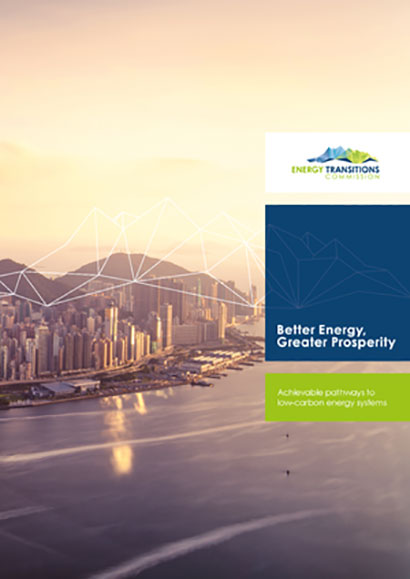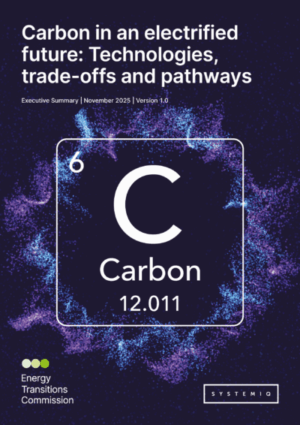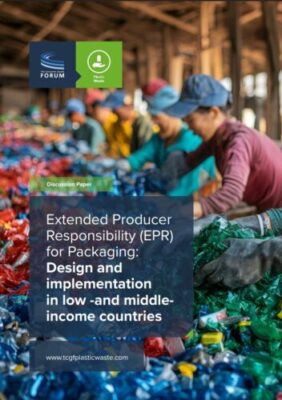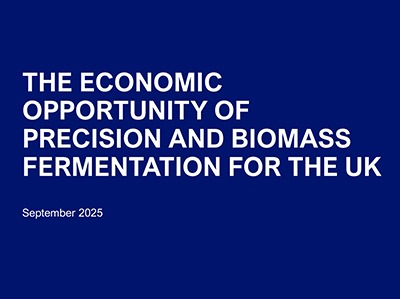New report outlines opportunity to halve global carbon emissions by 2040 – but governments, investors and businesses must act now to accelerate energy transitions
The Energy Transitions Commission’s flagship report, launched on 25 April 2017, sets out achievable pathways to limit global warming to well below 2˚C while stimulating economic development and social progress.
We must reduce carbon emissions by half by 2040 (compared to a business as usual scenario) with further cuts thereafter to achieve the Paris climate objective – limiting global warming to well below 2°C. Simultaneously, we must ensure economic economic development and access to affordable, sustainable and reliable energy for all, particularly in developing countries. According to the Better Energy, Greater Prosperity report, this is achievable – but business, government and investors must act now to accelerate clean electrification, decarbonization beyond power and energy productivity improvement.
- The almost total decarbonization of power generation and the electrification of a wider set of activities could deliver half the necessary emission cuts by 2040. The collapsing cost of renewables and batteries makes this more achievable and faster than assumed. Governments must reinforce the progress already underway.
- Stronger public policy and large-scale investment is now required in the decarbonization of activities – particularly in heavy industry – which cannot be electrified. We know the technologies which might achieve this – such as bioenergy, hydrogen, and carbon capture and storage – but progress on cost reduction and scale deployment has been far too slow.
- A revolution in energy productivity improvements is technically feasible but needs more forceful policies, in order to reach an annual growth rate of 3.0%. (compared to 1.8% today).
The report reflects a unique collaboration between the diverse members of the ETC, which brings together fossil fuels, power and industrial companies, alongside investors, environmental NGOs and researchers, from both developing and developed countries. These diverse allies are agreed not only on the importance of cutting carbon emissions to meet the Paris objectives, but also on how that transition can be achieved while fostering social and economic progress.
The Energy Transitions Commission The Energy Transitions Commission (ETC) brings together a diverse group of individuals from the energy and climate communities: investors, incumbent energy companies, industry disruptors, equipment suppliers, energy-intensive industries, non-profit organizations, advisors, and academics from across the developed and developing world. Our aim is to accelerate change towards low-carbon energy systems that enable robust economic development and limit the rise in global temperature to well below 2˚C. See below the list of ETC Commissioners. The “Better Energy, Greater Prosperity” report was developed by the Commissioners with the support of the ETC Secretariat, provided by SYSTEMIQ. It draws upon a set of analyses carried out by Climate Policy Initiative, McKinsey & Company, Copenhagen Economics and Vivid Economics for the ETC, which are available on the ETC’s website.
Additional downloads:




